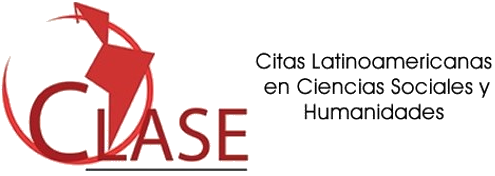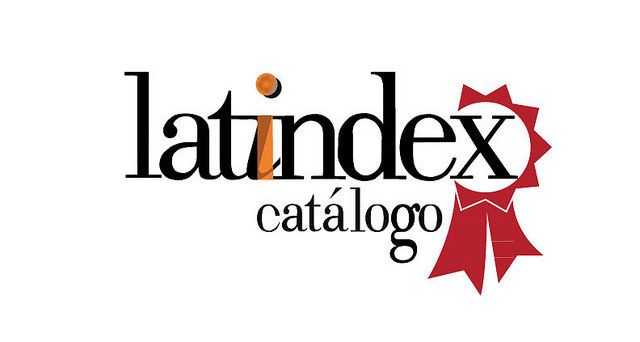The Siona People of Ecuador, Their Monetization Process and Other Future Uncertainties
Analysis of an Economy of Gathering
DOI:
https://doi.org/10.29340/en.v4n7.191Keywords:
Siona nationality, monetarization process, collection economy, economic futuresAbstract
This article analyzes the monetization process of the Siona people of the Ecuadorian Amazon, their economy of gathering and their uncertainties regarding the future. With a three-year ethnographical study in the Soto Tsiaya community on the Aguarico river, we state that the Sionas anticipate their economic future at a very short term, since they live in an economy of gathering that helps them subsist on a day-to-day basis. In addition, requests-gatherings take place in their territory that are a part of a historical colonial monetization and extraction process, as well as vital exchanges from the interrelation of the Sionas with non-humans, that is, their feeling and living in their cosmos, where spiritual relations are reproduced for their subsistence. Beyond a future in which economic accumulation is a priority, their uncertainties for the future reflect the concerns over their identity and cultural changes, as well as the importance of protecting their territory, since it is the manifestation of their being, thoughts, practices, memory, spiritualities and economy.
Downloads
References
Andrade, Ana (2017). “Análisis y perspectivas de las empresas ecuatorianas exportadoras de productos industrializados de café, periodo 2009-2015”. Tesis de licenciatura en ingeniería comercial. Quito: Pontificia Universidad Católica del Ecuador.
Colleoni, Paola (2004). “Petro-gubernamentalidad y población indígena de la Amazonía ecuatoriana: el caso de los waorani”, en José E. Rodríguez y Nicolás Guigou (org.), Fronteras, diálogos e intervención social en el contexto Pan-Amazónico. Montevideo: Editorial Nordan-Comunidad, pp. 79-103.
Eberhart, Nicolás (1998). Transformaciones agrarias en el frente de colonización de la Amazonía ecuatoriana. Quito: Abya Yala.
Equipo Técnico de la Organización de la Nacionalidad Siona (2020). Censo Comunitario de la Nacionalidad Indígena Siona.
Ferraro, Emilia (2018). Materialidades, cuerpos y saberes. Quito: Abya Yala.
Guerrero, Patricio (2018). La chakana del corazonar. Desde las espiritualidades y las sabidurías insurgentes de Abya Yala. Quito: Abya Yala.
Graeber, David (2018). Hacia una teoría antropológica del valor. La moneda falsa de nuestros sueños. México: Fondo de Cultura Económica.
Instituto Nacional de Estadísticas y Censos (inec). (2020, 20 de abril). Instituto Nacional de Estadísticas y Censos. Recuperado de https://www.ecuadorencifras.gob.ec/institucional/home/ Consultado el 04 de febrero de 2021.
Mauss, Marcel (1923). Ensayo sobre el don. Forma y función del intercambio en las sociedades arcaicas. Buenos Aires: Katz.
Narotzky, Susana (2004). Antropología económica. Nuevas tendencias. Barcelona: Melusina.
Nash, June (1979). We Eat the Mines and the Mines Eat Us: Dependency and Explotation in Bolivian Tin Mines. Nueva York: Columbia University Press.
Parry, Jonathan y Maurice Blonch (1989). Money and the Morality of Exchange. Cambridge: Cambridge University Press. https://doi.org/10.1017/CBO9780511621659. DOI: https://doi.org/10.1017/CBO9780511621659
Scoot, Christopher (1974). “Asignación de recursos y formas de intercambio”, en Giorgio Alberti y Enrique Mayer (ed.), Reciprocidad e intercambio en los Andes peruanos. Lima: Instituto de Estudios Peruanos, pp. 322-345.
Villarreal, Magdalena (2004). Antropología de la deuda. Crédito, ahorro, fiado y prestado en las finanzas cotidianas. México: ciesas.
— (2008). “Sacando cuentas: prácticas financieras y marcos de calculabilidad en el México rural”. Revista Crítica en Desarrollo, núm. 2, pp.131-149. Recuperado de: http://www.idaes.edu.ar/cese/revista/n2_index.asp, consultado el 8 de febrero de 2020.
— (2010). “Cálculos financieros y fronteras sociales en una economía de deuda y morralla”. Civitas – Revista de Ciências Sociais, vol. 10, núm. 3, pp. 392-409.https://doi.org/10.15448/1984-7289.2010.3.8338 DOI: https://doi.org/10.15448/1984-7289.2010.3.8338
Weatherford, Jack. (1998). La historia del dinero. De la piedra arenisca al ciberespacio. Santiago de Chile: Andrés Bello.
Wolf, Erik (1976). “Aspects of Group Relations in a Complex Society: Mexico”. American Anthropologist, vol. 58, núm. 6, pp. 1065-1078. https://doi.org/10.1525/aa.1956.58.6.02a00070 DOI: https://doi.org/10.1525/aa.1956.58.6.02a00070
Ziegler-Otero, Lawrence (2004). Resistance in Amazonian Community. Huaorani Organizing against the Global Economy. Nueva York y Oxford: Berghahn Books.
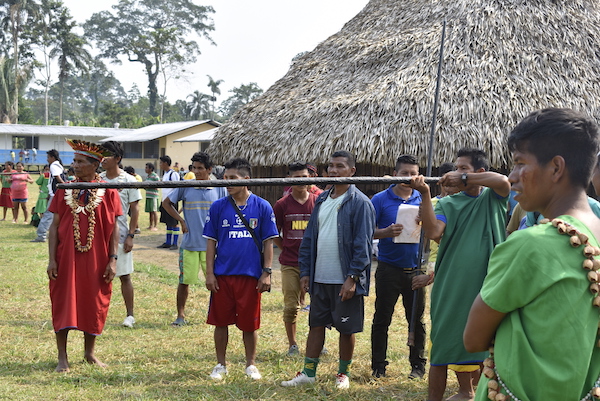
Published
Issue
Section
License
Copyright (c) 2021 Encartes

This work is licensed under a Creative Commons Attribution-NonCommercial 4.0 International License.
Aviso de derechos de autor
- Los autores/as conservan los derechos de autor y ceden a la revista el derecho a la primera publicación con el trabajo registrado con la licencia de atribución Creative Commons, que permite a terceros utilizar lo publicado siempre que mencionen la autoría del trabajo y a la primera publicación en esta revista
- Los autores/as pueden realizar otros acuerdos contractuales independientes y adicionales para la distribución no exclusiva de la versión del artículo publicado en esta revista (por ej. Incluirlo en un repositorio institucional o publicarlo en un libro) siempre que indiquen claramente que el trabajo se publicó por primera vez en esta revista.
El material puede ser copiado, distribuido, comunicado, ejecutado públicamente. Se pueden hacer obras derivadas de él. No se puede utilizar para fines comerciales. Se debe reconocer y citar la obra de la forma en que tú especifiques.

